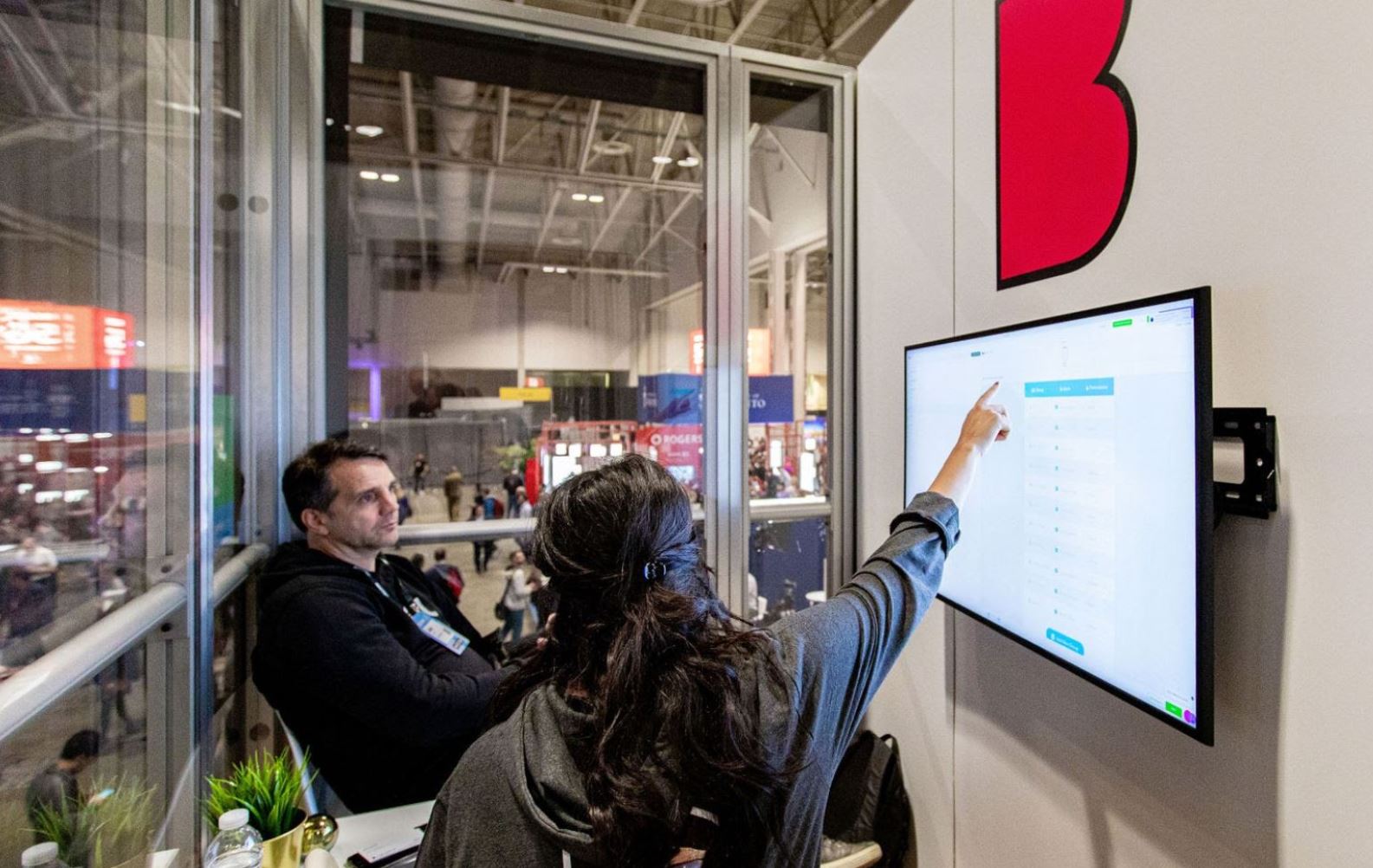Online and off, ‘customer experiences’ can make or break a company today. Considering stores across the United States like Sears, Kohl’s and J.C.Penny have closed hundreds of stores between 2015-2019, with more announcements every quarter, there’s what some analysts are calling a ‘retail apocalypse.’ Needless to say, retail is changing--like numerous other businesses. Enter AI. Artificial intelligence (AI) has given machines the ability to self-regulate, correct and operate. Riding on the power of big data analytics, machines are becoming increasingly smarter and more user-friendly. In fact, retail store automation and AI will soon take over the majority of retail business all over the world.However, AI is still nascent. Retail shops are increasingly moving from the basic sensor-based machines to highly intelligent, voice-based shopping assistance systems. Other technology, like conversational robots and smart interactive displays, are also becoming more common. With that in mind, let’s consider the major ways which AI can benefit retailers.
#1 More communication with customers
Twenty-first century retailers use AI to communicate with their customers through various individualized online experiences, conversational robots and social media/website chatbots.High-end retail stores are offering voice shopping assistance. Merging analytics with AI, top-rated eCommerce retailers offer customers simple, trusted consumer experiences.If a customer goes to Amazon to buy a mobile phone, for example, the website’s UI personalizes the experience by asking the user to specify the brand, product code, screen size, camera quality and price band etc.During this process, Amazon can provide a customized experience--reducing customers’ time and effort spent on shopping. How? On Amazon, for example, you’re likely to get personalized recommendations based on your past purchases. AI deployed by companies like Amazon is capable of generating millions of personalized landing pages, app experiences, shopping cart content and email variations at the same time.
#2 Increasingly dynamic pricing
Big online retailers such as Amazon and Flipkart have mind-boggling volumes of data, pricing data and applications that allow them to respond to their competitors pricing in a near real-time basis.However, the brick and mortar shop retailers didn’t have such a luxury before the arrival of AI. Today, these traditional retailers are also able to compete with the giants. How? Applications can automatically update their prices based on external data such as weather, local events and competitors’ marketing campaigns.
#3 Improved inventory management
Major online retailers as well as chain retail outlets handle numerous customer engagements daily. For a seller, it could be potentially chaotic to manually track the inventory and ensure seamless as well as timely product delivery in accordance with customer needs. However, AI-based retail applications identify supply gaps, evaluate and track inventory, forecast the required inventory based on factors like customer preferences, previous sales’ data and other variables. This eliminates the risk of excessive storage.
#4 More personalization in experiential retail
It’s not as if AI helps only web-based retailers. Offline retailers can collect data online and use AI to analyze that data and help the offline operations with insights gained online. Smartphone and tablet-based apps help store assistants improve on their customer handling and give better information regarding the products to customers.AI is merging with facial recognition software to identify a customer as soon as he enters the store and it can then alert the store assistants via the integrated smart phone/tablet app to about the customer’s preferences and past shopping history, for example.Another valid use of AI could include more personalized, better shopping experiences. The store staff can then use this customer profile information to ensure a smoother, more personalized and faster experience for shoppers. The access to the information about past purchases might also enable the store to create and communicate enticing special offers to the customer in real time.Side note: nothing can take over the role of your meet and greetThere is no doubt that AI can enable companies to use data and deliver superior customer experiences. However, no technology ever came without some disadvantages and the same holds true for AI in retail.There is a major difference between online and traditional retail: that of the human touch. No matter how much personalization a website achieves through AI tools, it’s the personal meet and greet touch of a retail store that sets it apart. Too much automation might rob it of the human interface. If a retail outlet starts resembling an eCommerce website’s homepage then customers might not feel tempted to visit the store in the first place.
To conclude
A disruptive technology such as AI offers plenty of benefits to the retail industry. The retailers and the customers both experience a much superior interaction with the right integration of AI technology. It’s imperative that retailers think strategically to understand the relationship between the technology they utilize and the experience their customers receive.
Stories published by the editorial team at Builder.ai.












 Facebook
Facebook X
X LinkedIn
LinkedIn YouTube
YouTube Instagram
Instagram RSS
RSS


